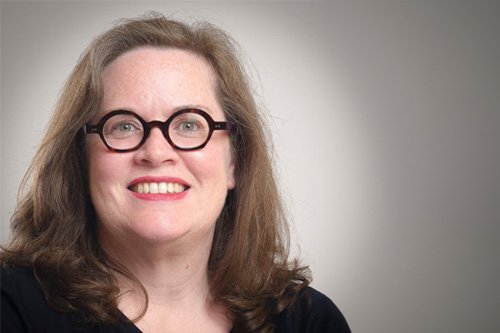Women of NeurotechEU interview with Kathleen O'Connor from the University of Lille
On International Women’s Day, NeurotechEU hosted the third ‘’Women of NeurotechEU’’ event. This event was an opportunity to celebrate the achievements of all women and women in STEM disciplines. It was a way to empower and support women in these fields. During this event, two students of Radboud University interviewed multiple women of NeurotechEU.

Women are fantastic researchers, and they do excellent high-quality research.
Kathleen O'Connor
Kathleen O’Connor is the Vice-President for International and European Networks at the University of Lille. She is also an associate professor of English linguistics and member of the research laboratory Savoirs, Textes, Language. O’Connor focusses on autonomous second language learning.
How do you think scientific research can be used to address important social and environmental issues? And what role do women play in this?
‘Obviously, research is important on any topic. The more we know about anything, the better off we are. Research can help us determine what is causing these social or environmental issues. The root causes can be quite complex. Maybe they have something to do with, for example, immigration or levels of education. A lot of different social factors have to be taken into account when answering these questions. When we’ve identified the root causes, we can work towards finding potential solutions. Find something we want to do, test these solutions, and see what works and what doesn’t. I think that research is fundamental for addressing any social or environmental problem.
I think there are two reasons why we want to get more women involved in active research. Women are fantastic researchers, and they do excellent high-quality research. A woman, or any researcher, might be interested in a particular research because it affects them. Women might be quite interested in things that relate to them directly, which might help solve some issues in their own lives and careers.’
By: Rosie Zheng and Thirza Dado

